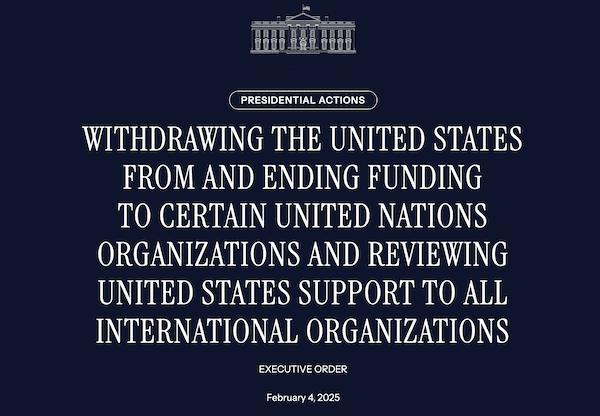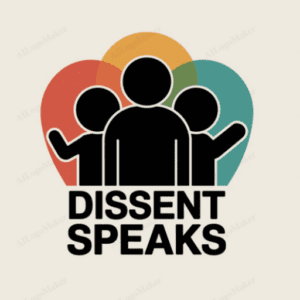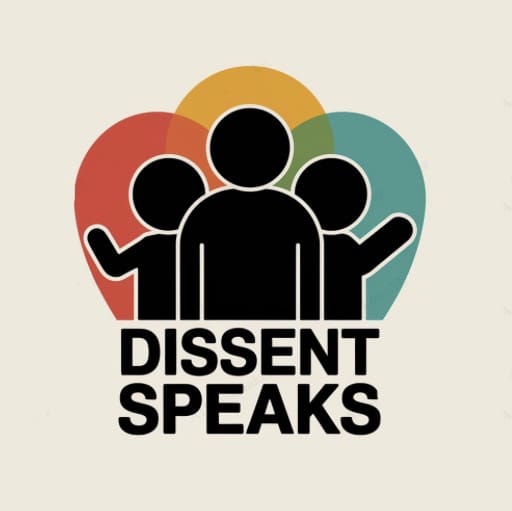
On February 4, 2025, the White House issued an executive order that marks one of the most significant shifts in U.S. foreign policy since World War II. The order, which withdraws American participation and funding from key United Nations organizations, represents more than just a change in international relationships – it signals a fundamental restructuring of America’s role in global governance and humanitarian affairs.
Core Changes and Immediate Effects
Primary Organizational Targets
The executive order focuses on three major United Nations organizations:
- UN Human Rights Council (UNHRC)
- UNESCO (United Nations Educational, Scientific and Cultural Organization)
- UNRWA (United Nations Relief and Works Agency for Palestine Refugees in the Near East)
Implementation Timeline
While the order immediately terminates U.S. participation in the UNHRC and UNRWA, it establishes two critical review periods:
- A 90-day review of UNESCO membership
- A 180-day comprehensive review of all international organizations, conventions, and treaties
Hidden Dangers in the Executive Order’s Language
Concerning Elements of Authority
The order’s language contains several worrying aspects that deserve careful scrutiny:
1. Sweeping Executive Powers
The order begins by invoking presidential authority under the Constitution, but its reach extends far beyond the three named organizations. Section 3(b) mandates a review of ALL international organizations, conventions, and treaties to which the U.S. is a party. This sweeping provision could affect hundreds of international agreements that Americans rely on daily.
2. Ambiguous Assessment Standards
The order employs vague terminology like “contrary to the interests of the United States” without providing clear definitions. This ambiguity creates dangerous latitude in determining which international commitments might be terminated.
3. Retroactive Financial Implications
The order not only halts current funding but explicitly states the U.S. will not satisfy any claims to pay 2025 assessments or prior arrears. This retroactive application could severely damage America’s international credibility.
Impact on American Citizens
Economic Consequences
- International Trade Disruption
- Potential disruption of trade agreements relying on UN-affiliated organizations
- Possible reduction in American influence over global economic policies
- Risk to businesses operating within international frameworks
- Market Stability Concerns
- Uncertainty in global markets due to U.S. withdrawal
- Potential impact on international investment
- Effects on American businesses with global operations
Security Implications
- Intelligence and Information Sharing
- Reduced access to global intelligence networks
- Weakened ability to coordinate international anti-terrorism efforts
- Potential isolation from crucial diplomatic channels
- Global Security Coordination
- Diminished ability to influence international security decisions
- Reduced capacity for multilateral military cooperation
- Potential gaps in global security frameworks
Humanitarian Impact
- Crisis Response Capabilities
- Loss of American influence in global humanitarian systems
- Reduced ability to assist Americans caught in international crises
- Weakened global health coordination systems
- Educational and Cultural Effects
- Limitations on international educational exchanges
- Reduced protection for American cultural heritage sites
- Diminished opportunities for American researchers
Taking Action: A Guide for Concerned Citizens
Immediate Response Options
Congressional Engagement
- Contact Representatives
- Write to your congressional representatives
- Schedule in-person meetings with local offices
- Attend town halls and public forums
- Senate Focus
- Target Foreign Relations Committee members
- Submit written testimony for relevant hearings
- Organize constituent groups
Community-Level Response
Local Organization
- Educational Initiatives
- Organize community discussions
- Create informational materials
- Host expert speakers
- Network Building
- Connect with like-minded organizations
- Form local action committees
- Develop communication networks
Professional Actions
Sector-Specific Responses
- Business Sector
- Document international operation impacts
- Report effects to industry associations
- Maintain international business relationships
- Education Sector
- Strengthen independent international exchanges
- Document academic impact
- Maintain international research collaborations
- Healthcare Sector
- Continue international medical cooperation
- Document global health impacts
- Maintain professional networks
Looking Forward: Long-term Engagement
Monitoring and Documentation
- Track Implementation
- Follow the 180-day review process
- Monitor congressional oversight
- Document local impacts
- Building Networks
- Connect with international affairs organizations
- Join professional advocacy groups
- Maintain international relationships
Sustained Action
- Ongoing Engagement
- Regular communication with elected officials
- Continuous public awareness efforts
- Sustained community organization
- Policy Development
- Contribute to alternative policy proposals
- Engage in public comment periods
- Support research on impacts
Conclusion
The research clearly indicates this executive order represents a pivotal moment in American foreign policy. While the immediate changes affect specific UN organizations, the broader implications touch every aspect of American life – from business and security to education and culture.
The coming months, particularly the 90-day UNESCO review and 180-day comprehensive evaluation periods, provide critical windows for public input and action. The effectiveness of citizen response during these periods could significantly influence how these policies are implemented and their long-term impact on American interests.
The historical pattern, as shown in the research, suggests that previous instances of international disengagement often led to unintended consequences requiring costly corrections. This understanding makes informed, active citizenship not just an option but a necessity in shaping America’s future role in global affairs.
This moment demands sustained attention and action from all Americans concerned about their country’s place in the world. Whether through political engagement, professional activities, or community organization, every citizen has the opportunity – and responsibility – to influence how this significant policy shift affects America’s future.

